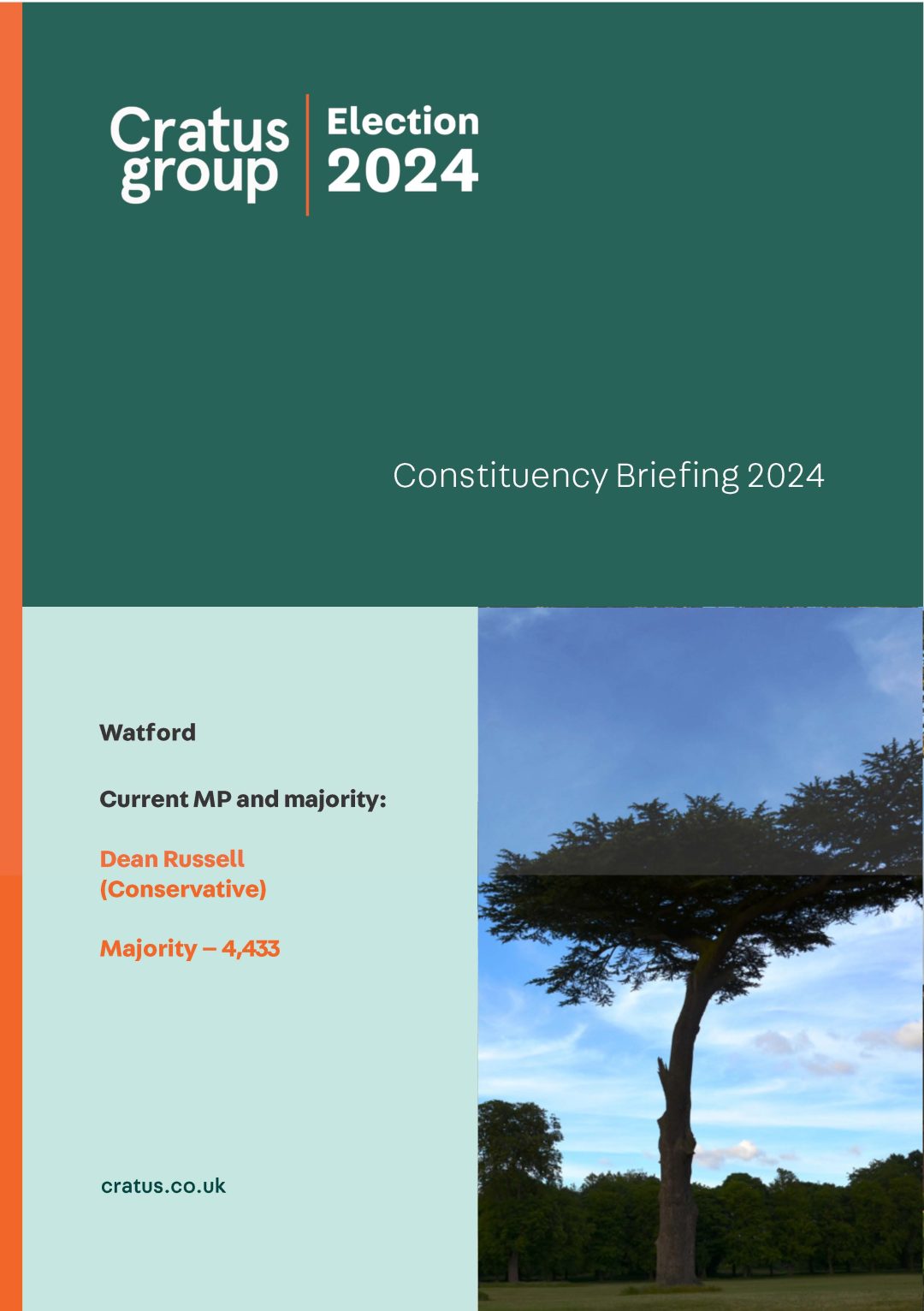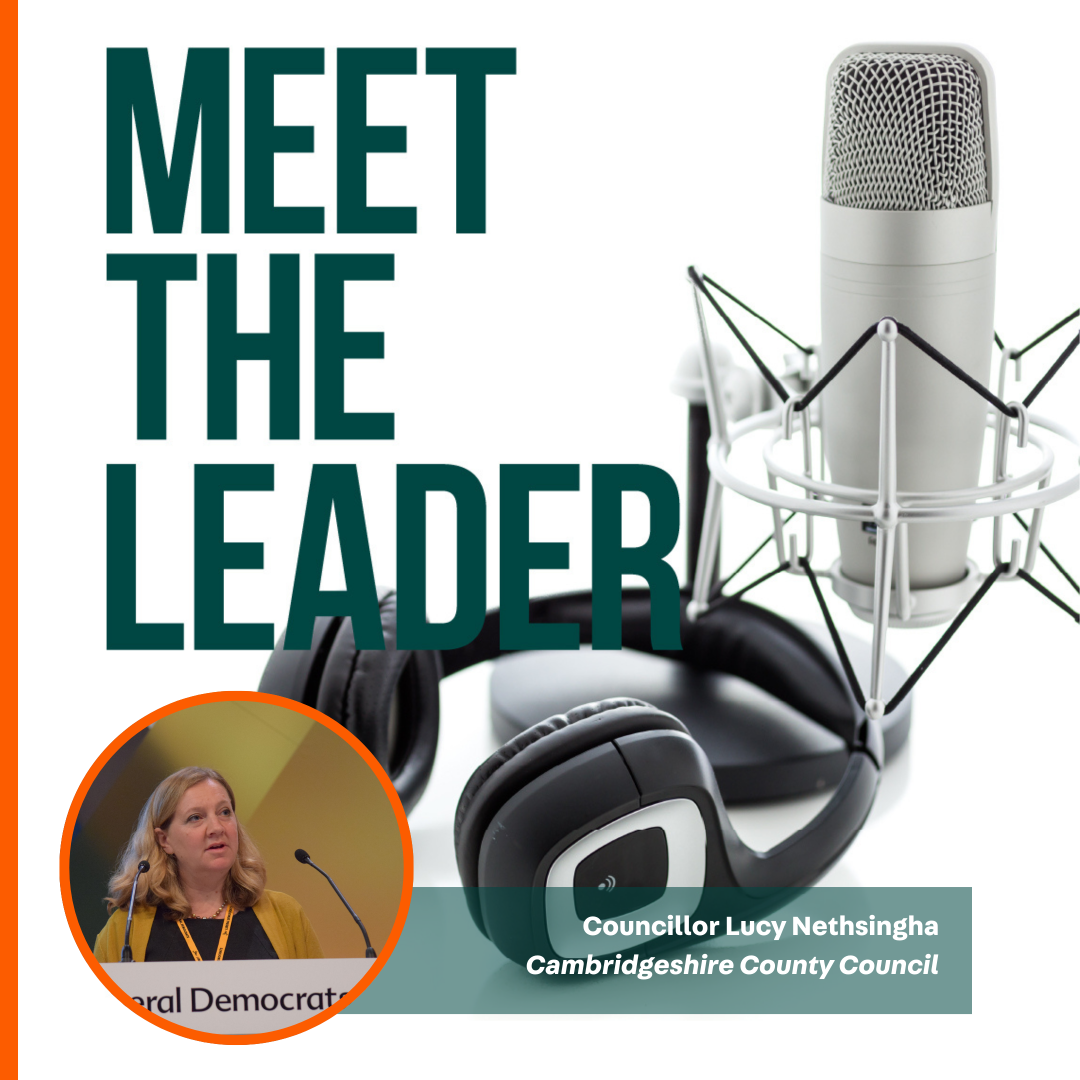The Role of Lobbying
One of the key issues floating around the news of Liam Fox’s problems has been the issue of lobbyists. As the Cabinet Secretary’s report in to this debacle has revealed the civil service does not believe that Mr. Werrity was a lobbyist. Whilst he clearly held views he was not promoting them on behalf of any individual or company – certainly that is the view of the Cabinet Secretary. But this has raised a debate about the issue of lobbyists, something David Cameron argued at the time of MPs expenses and the phone hacking scandal, was the ‘next big scandal waiting to break’.
There are some, mainly on the left, who see lobbyists as a corrupting evil on the body politic. Whilst it is true that when ‘brown envelopes’ change hands there is a need for examination into the role of lobbyists but in a democracy lobbying is a respectable trade.
The reality is that we all lobby. Lobbying is part of our human instinct. From the day we asked our Mother to buy that special toy we have lobbied. When our Mother refuses it we set about to try to get our way through persuasion and manoeuvring.
In our democracy, whether local or national, we all want elected politicians to see our viewpoint and do what we want. In a very local sense that includes campaigning against a planning application or trying to get our school system changed.
A company is as equally entitled to hold views that it wants decision makers to be clear about. In the context of national legislation companies affected by a changing tax regime are entitled to use lobbying to get across what they believe those changes will mean for employment, profitability and growth. Some of the most successful organisations at lobbying are in fact Charities although our experience at Cratus is that they tend to be less successful than they themselves think they are.
Lobbying continues to be all around us, indeed many of the current Government, Ministers and advisors, are former lobbyists. This is especially true in the Deputy Prime Minister’s outer office. In a very real sense lobbyists are part of democracy and attempts to prevent them playing their part is itself an affront to democracy. But supporting lobbying does not preclude the need for transparency.
The public and their politicians need to be very clear as to who is objecting to a change in legislation in the same way it is only right that planners and developers are aware of who is objecting to a planning application. Maybe this can be achieved by a compulsory registration of lobbyists and for Government to always ensure their civil servants always detail who they meet.
Taking decisions in a democracy is never very tidy and it will always be messy. The many parts that come together to form a politician’s decision are influenced by personal experience as much as they are by fact and for as long as politicians exist they will always face external pressure on their decisions from their electors and the people and businesses they effect by their decisions. That is the way it has always been since the time man learnt to argue a case and to say that elements of that decision making pressure should be removed is as much a nonsense as to say politicians should stop facing elections.







